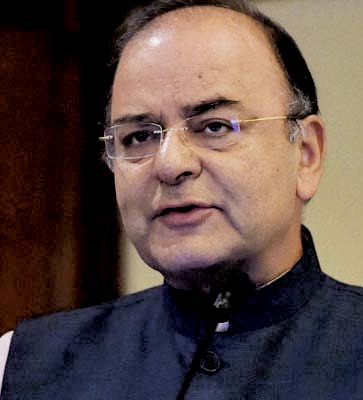MUMBAI: The Income Declaration Scheme (IDS), 2016, which closes on September 30, offers a chance to come clean, or else one must be ready to face consequences, indicated Union finance minister Arun Jaitley on Thursday. IDS provides an opportunity to persons who have not paid full taxes in the past to declare their undisclosed domestic income and assets, against a payment of tax, surcharge and a penalty aggregating to 45%.
There will also not be a second window for disclosure of foreign black money, he said, referring to the declaration scheme which was available in 2015.
Detection of tax evasion is easier with improvement in technology, and implementation of GST will also help.
“Thus, as we advance over the years, not only is it morally and ethically correct to pay taxes, but it is also safer,” said Jaitley.
Speaking at a seminar organised jointly by Ficci and the Institute of Chartered Accountants of India (ICAI) he said, “I am quite conscious of the fact that India is still a society where paying tax is not exactly an exciting or popular proposition.”
Even as rates have been rationalised and the path towards a more liberal tax regime continues, tax evasion exists.
Pointing to the gap between the tax collections (both direct and indirect) of roughly Rs 16 lakh crore and government expenditure of Rs 19 lakh crore, he asked the audience to think what would the figure of collection be if there was no evasion.
After having cautioned about the consequences of not coming clean under IDS, the FM appealed to people’s conscience. “A country like India needs to spend to bridge the inequality between rural and urban areas, we need to spend on human resources, on infrastructure as a whole, on healthcare and education and on various social expenditure.
We borrow, leaving the next generation in debt,” he said. “If many did not indulge in evasion, would India have the resources to spend where we are not spending? The obvious answer is yes,” he emphasised.
